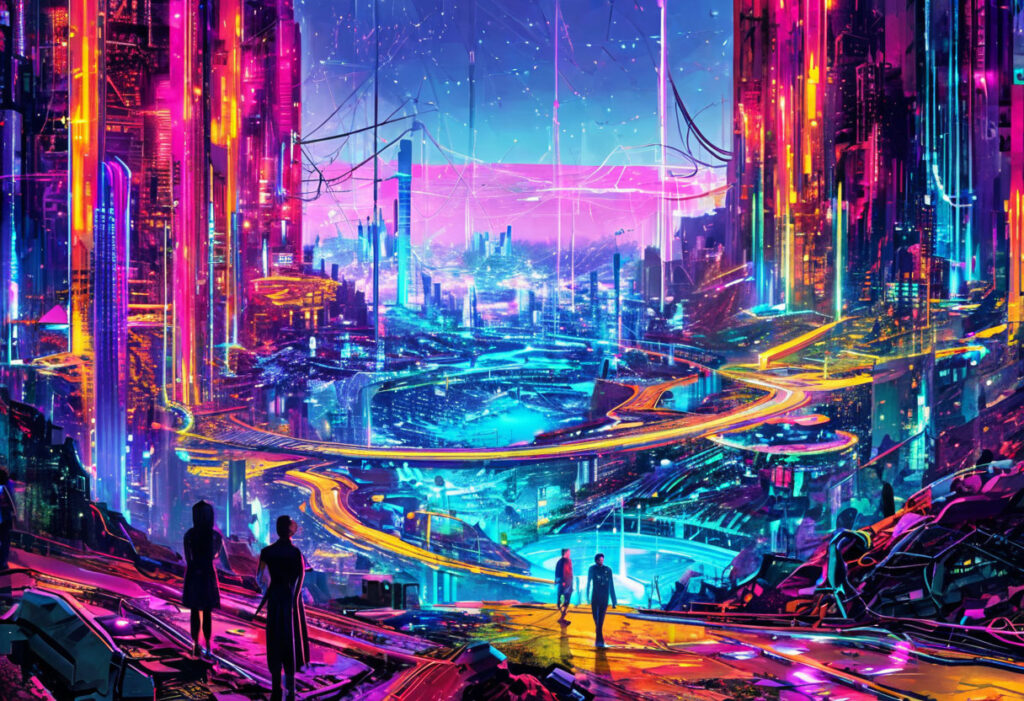The Renaissance of Intelligence: Decentralized AI’s Breakthrough
In the mid-1400s, Gutenberg’s press revolutionized access to knowledge by breaking the elite’s monopoly on written information. Today, decentralized artificial intelligence (DeAI) drives a similar transformation, democratizing access to intelligence and reshaping its development. This article examines how DeAI challenges centralized control while empowering communities worldwide.
Decentralized AI: A New Paradigm
DeAI disrupts the AI industry’s centralized model where corporations control intelligence evolution. Communities now build, customize, and govern their own AI tools, creating a more inclusive technological landscape.
Real-World Impact of DeAI
- Indian farmers use dialect-based voice assistants for crop planning
- Guatemalan midwives employ AI apps for fetal health monitoring
These applications demonstrate DeAI’s ability to solve local problems with tailored solutions beyond centralized systems’ limitations.
Addressing Concerns
While some question DeAI’s consistency, historical parallels exist. Similar doubts about the printing press preceded widespread literacy and scientific progress.
Differing Development Approaches
The AI community debates centralized versus decentralized models. Dario Amodei advocates controlled development, while Ben Goertzel emphasizes global collaboration and local adaptation.
The Path Forward
DeAI’s future depends on developing accessible tools and decentralized infrastructure. Widespread participation will ensure intelligence serves diverse global needs effectively.

